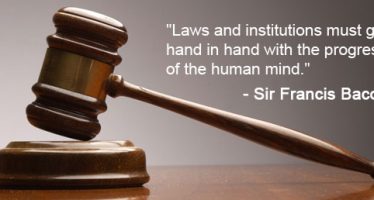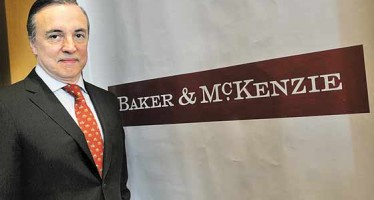When Trust Erodes: Unpacking the Anatomy of Corporate Scandals
Corporate scandals, from Wells Fargo’s fake accounts to Enron’s fraudulent accounting, shatter public trust and leave lasting damage. This article examines the root causes, consequences, and the difficult path to redemption for companies caught in the crosshairs.
Wells Fargo: A Breach of Trust
In 2015, a revelation shook the American banking industry. Wells Fargo, long regarded as a pillar of financial stability, was exposed for a massive and sustained deception. Under relentless pressure to meet aggressive sales quotas, employees had opened millions of accounts without customer consent, forging signatures and misusing personal information in a widespread breach of trust.

For years, staff created accounts, issued credit cards, and enrolled customers in services purely to hit internal targets. Customers faced unauthorised fees, damaged credit scores, and little recourse. Investigations mounted, fines were issued, lawsuits followed, and CEO John Stumpf resigned. The bank’s once-strong reputation was left in tatters.
A Catalogue of Infamy
The Wells Fargo scandal is far from unique.
Enron (2001): Concealed vast debts through off-balance-sheet entities, collapsing in bankruptcy and wiping out shareholder value.
WorldCom (2002): Inflated profits by improperly capitalising expenses, triggering the largest US bankruptcy at the time.
Tyco International (early 2000s): Executives misappropriated hundreds of millions for personal luxury.
Volkswagen (2015): Installed defeat devices in diesel cars to cheat emissions tests.
Theranos: Misrepresented blood-testing technology; founder Elizabeth Holmes convicted of fraud.
Wirecard (2020): €1.9 billion missing from accounts, exposing years of falsified financials.
Historical Parallels
Corporate misconduct is not new. The South Sea Company collapse (1720) and the Kreuger & Toll scandal (1930s) demonstrate that ambition, greed, and weak oversight have long driven unethical behaviour.
Why Scandals Happen
Common drivers include:
Performance pressure: Unrealistic targets leading to misconduct.
Greed and hubris: Executives seeing themselves as beyond accountability.
Weak governance: Ineffective boards, conflicted auditors, poor internal controls.
Silence and opacity: Whistleblowers ignored and complex structures masking truth.
Variable external checks: Depending on regulatory and media environments.
Sector-Specific Patterns
Finance: Exploits regulatory gaps; complex instruments conceal risk.
Technology: Overpromising capabilities to secure funding.
Automotive: Regulatory pressures meeting competitive demands.
Energy: Environmental and safety shortcuts with far-reaching consequences.
The Damage Done
Consequences extend beyond legal penalties:
Financial losses, collapsing share prices, costly litigation.
Long-term reputational damage and loss of trust.
Systemic implications for market and institutional confidence.
Rebuilding After Ruin
Effective recovery requires:
Clear accountability and leadership change.
Transparency about wrongdoing.
Cultural reform and stronger governance.
Enhanced compliance systems and monitoring.
Stakeholder engagement and sustained trust-building.
Johnson & Johnson’s decisive action during the 1982 Tylenol crisis contrasts with companies like Arthur Andersen, which failed to recover.
Lessons That Endure
Ethical conduct is non-negotiable. Trust is hard to regain once lost, and no organisation is immune. A culture of transparency, accountability, and stakeholder engagement is the best defence against scandal — and the foundation for long-term resilience.
You may have an interest in also reading…
MENA City Lawyers – MCL: Winners in Lebanon
MCL is an innovative, Pan-Arab Law Firm crossing jurisdictional boundaries and challenging Middle Eastern norms by developing the first professional
Brazilian Blowout Legally Labeled Carcinogenic … Will It Matter?
Amy Westervelt, Forbes (30/01/12): Last year women’s magazines and pop culture blogs were afire with the news that the popular
Baker & McKenzie Continues to Expand its Global Reach
Baker & McKenzie seems determined to remain true to its founding principles of 60 years ago to be a truly

















































































